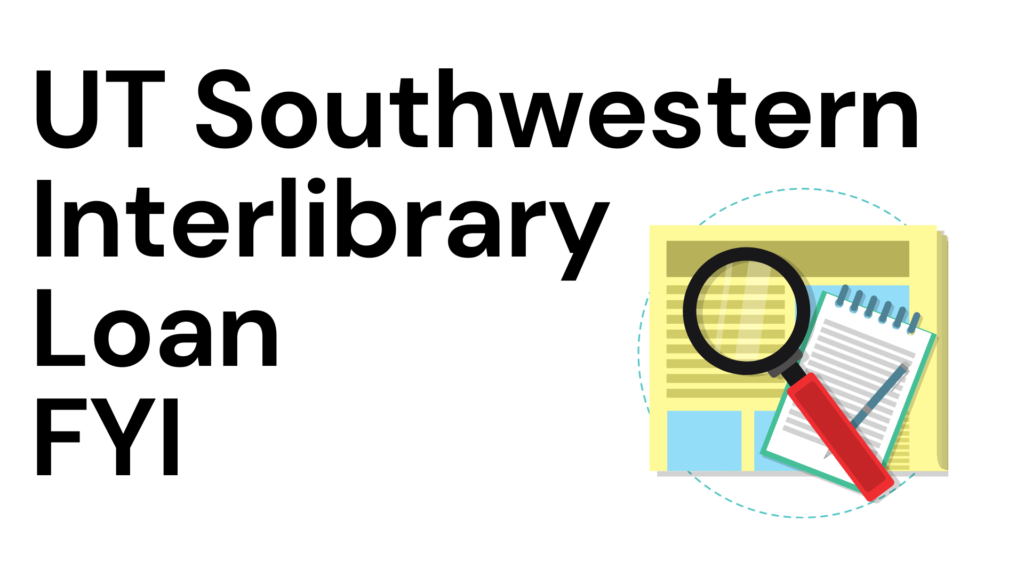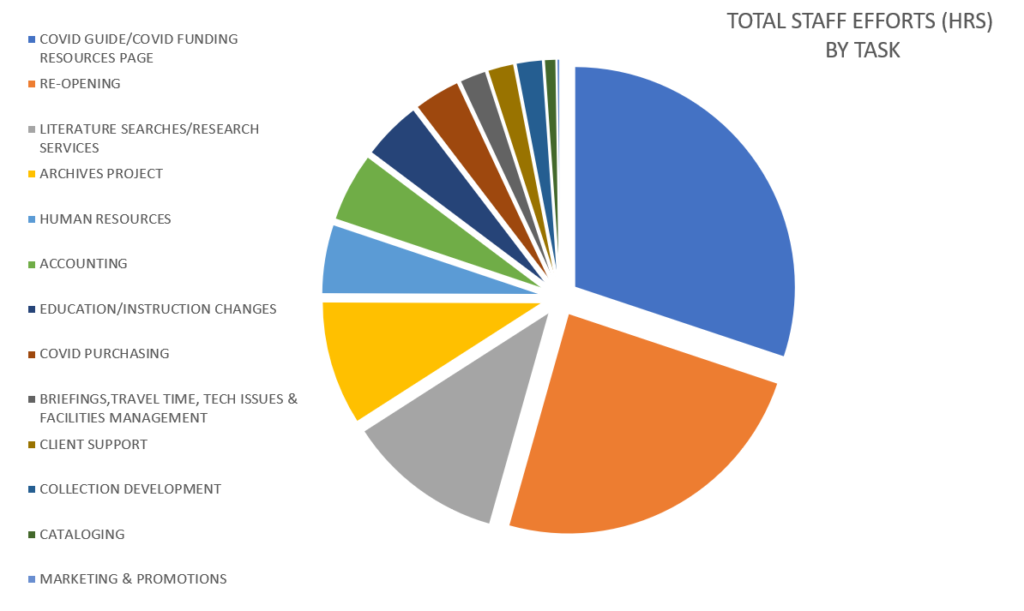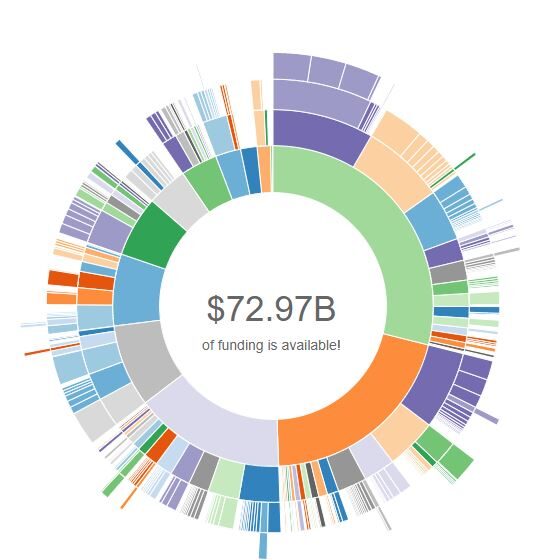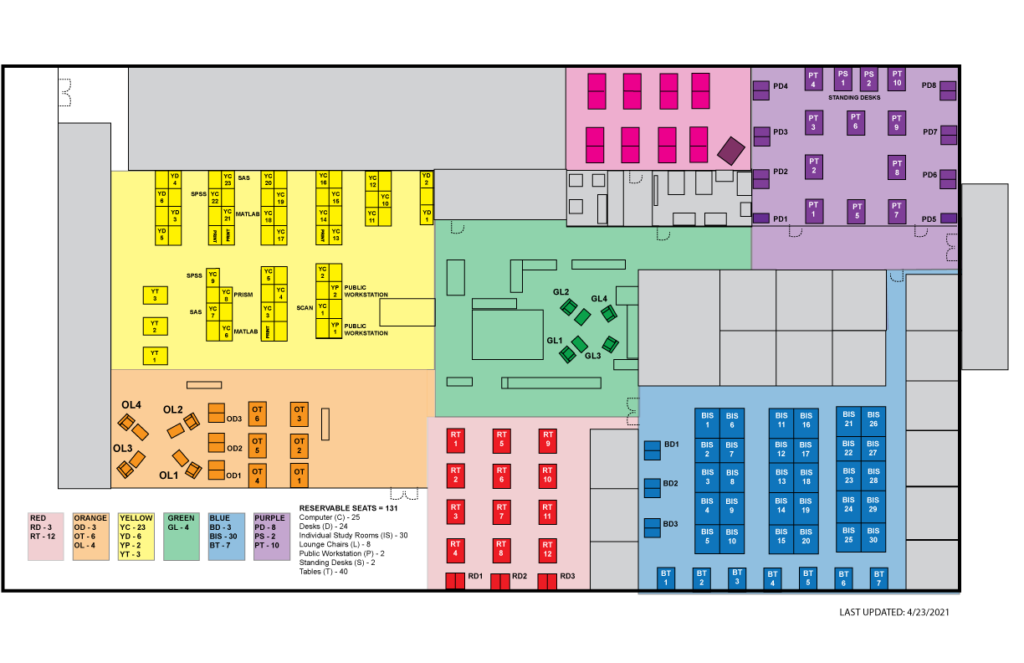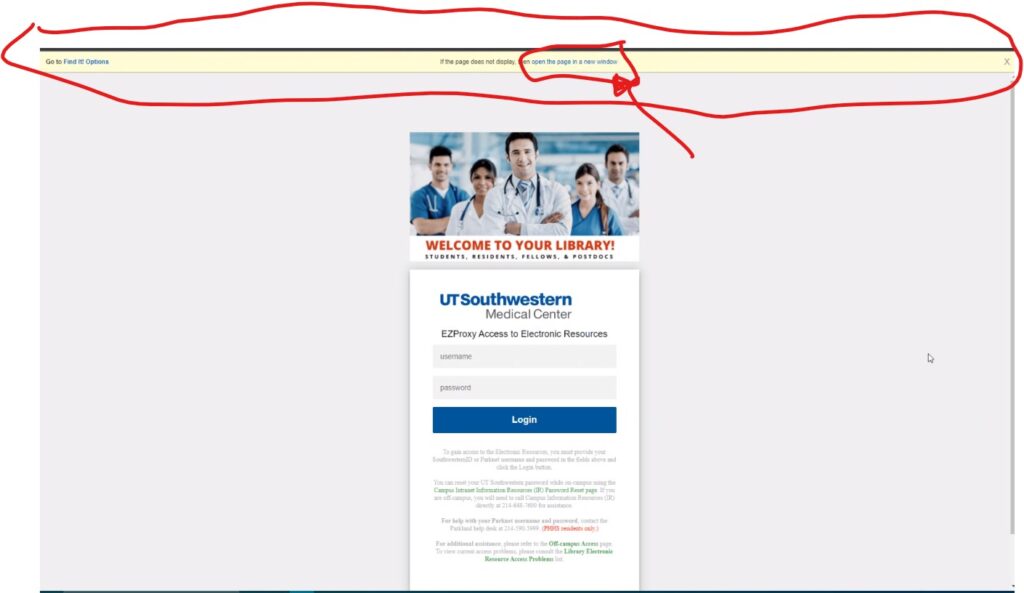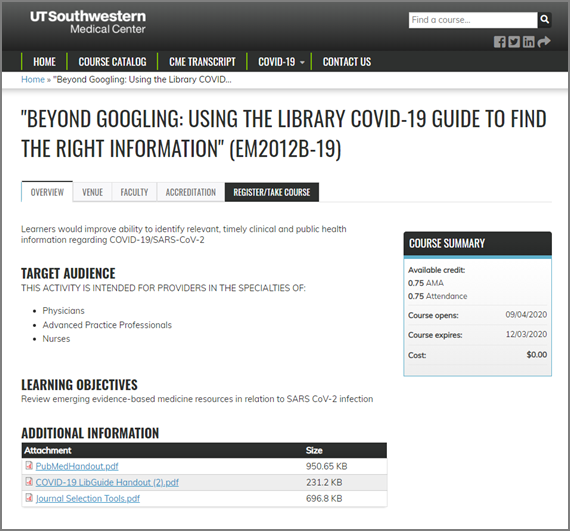
In honor of American Archives Month, we are interviewing UT Southwestern’s University Archivist, Chianta Dorsey.
What are your principal duties as Archivist, and in which of these duties do you invest the majority of your energy?
My main mission is to collect, preserve, and provide access to the institutional history of UT Southwestern Medical Center. Most of my duties are devoted to physically preserving these materials but also to making them available to the UTSW community and external researchers. Accessibility is so important because, for all the work we put in to preserve materials, we want people to use them for education, instruction, and research.
What do you enjoy most about being an Archivist?
I enjoy the many people that I get to meet and the stories that they tell. There is this misconception that archivists only spend time with the materials, but I spend a lot of time engaging with people across UTSW’s campus and outside of it.
What are some unique or interesting items that you have in the UTSW Archives?
There are many, but I’ve found Edward Cary’s patient book, from his residency at Bellevue Hospital in New York during the 1890s, to be pretty interesting. Cary meticulously described his patient’s habits and symptoms and even drew charts and data that must have taken a lot of time to write. We have a book related to biomedical research performed during the Voskhod space flight that was led by the Soviet Union from 1964-1965. We have the only known copy since the others were ordered to be destroyed. Lastly, we have essays written by Donald Seldin during his time studying at New York University. It’s very interesting to see his interpretation on some classic works of literature.
What are some projects that the Archives is working on now?
We’re working to roll out our first archives management system. This will be an online portal where people will be able to search, find, and request our materials more easily. I’m also working to organize the Dean of the Medical School records, which provides a nuanced look into the first 40 years of UTSW’s history. While the records detail our immense growth in the fields of medicine and science, it also provides insight into how broader social issues penetrated the campus.
Are there any new directions in which you would like the Archives to go?
I hope to work more with instructors who teach medical humanities electives on campus. I’ve partnered with two medical humanities classes to present materials from the Archives related to the history of medicine, so I would like our role to expand in that area.
We’ve also been working to build our digital preservation program. Much of the materials being generated is born-digital so we want to ensure that we are able to preserve records and documents being created in various digital formats. Our COVID-19 collection, which documents the institution’s response to the pandemic, is our first complete born-digital collection. As of today, none of it consists of physical documents or materials.
How can materials in the Archives be accessed?
If someone would like to view materials in the Archives, they can make an appointment to access them. You can contact us through our email at archives@utsouthwestern.edu to set up an appointment or inquire about any of our materials.

